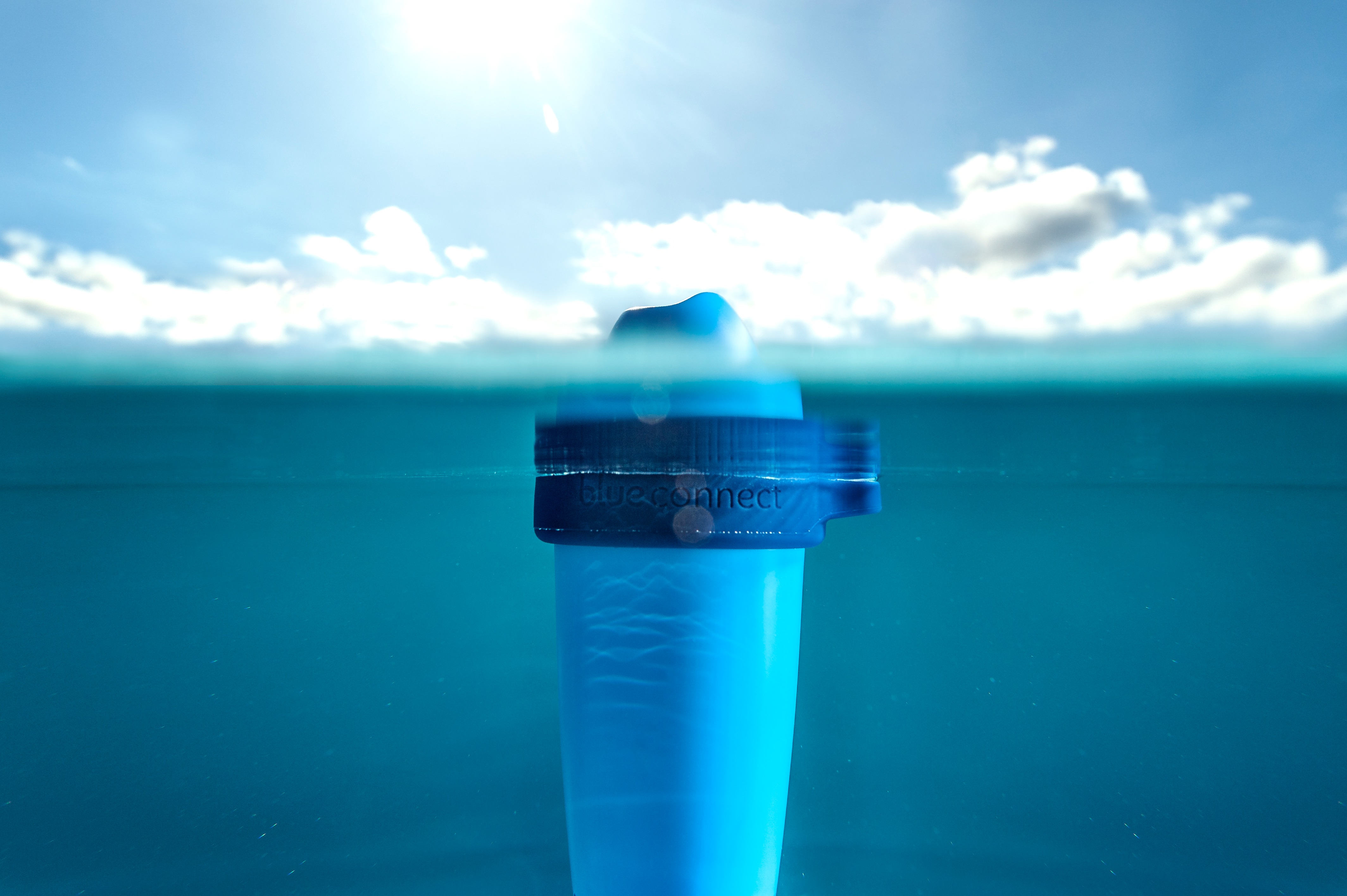Understanding ORP Probe Issues:
The ORP (oxidation-reduction potential) probe's effectiveness can be compromised by substances in your pool, affecting its ability to accurately measure the oxidizing nature of the water. Common culprits include:
- Biofilms: Micro-organism layers that adhere to surfaces. Clean by gently rubbing the ORP probe with a cotton bud soaked in 70° alcohol or isopropyl alcohol, then rinse with tap water.
- Calcium Deposits: Visible lime film or aggregates. Remove by soaking the probe in half water, and half food-grade vinegar solution for about 5 minutes, then clean thoroughly.
- Oils and Greases: Residues from sunscreens and creams. Eliminate using a cotton bud soaked in 70° alcohol or isopropyl alcohol, rubbing the probe gently, followed by a tap water rinse.
- Hydrogen (H2) Production: Common in pools with salt chlorine generators, leading to low ORP readings. This does not harm the probe but affects measurement accuracy.
Solution for Hydrogen Interference:
If you're using a salt chlorine generator, the platinum reactivity with hydrogen might lower ORP values, misrepresenting free chlorine levels. For a more accurate measurement, consider upgrading to our 4-in-1 sensor with a gold reactive surface by contacting your reseller.
Note: Never use acetone for cleaning the probe.
If you haven't found the information you are looking for in our FAQ section, don't hesitate to contact our agents in the help section of the app. Remember to turn on app notifications to know when your message has been replied to.

